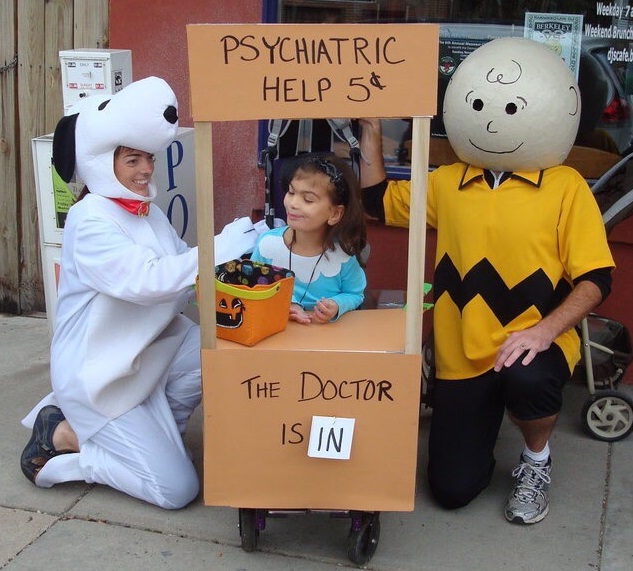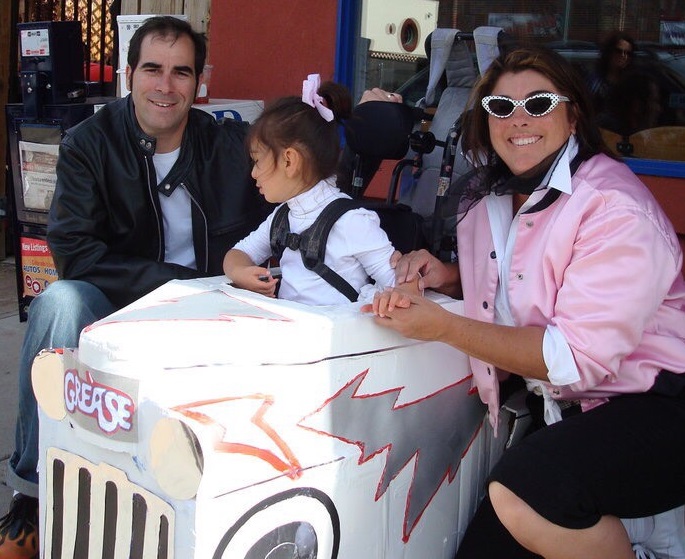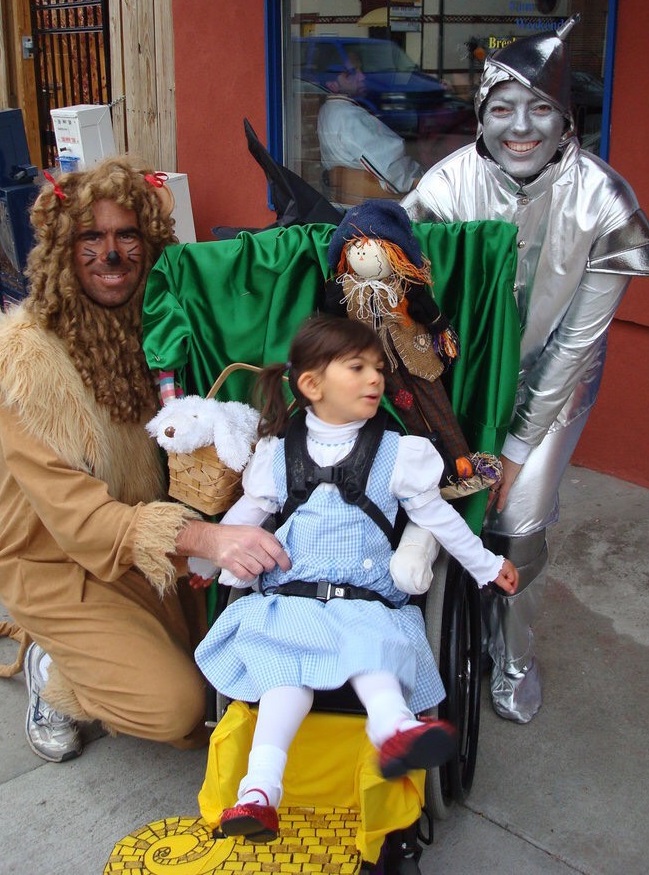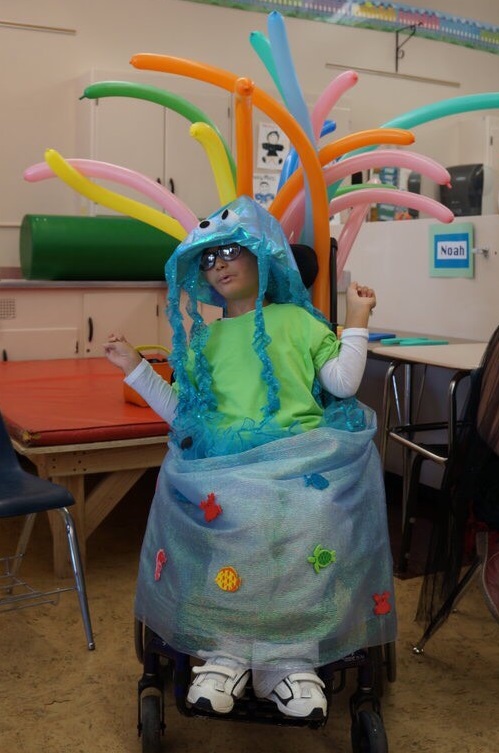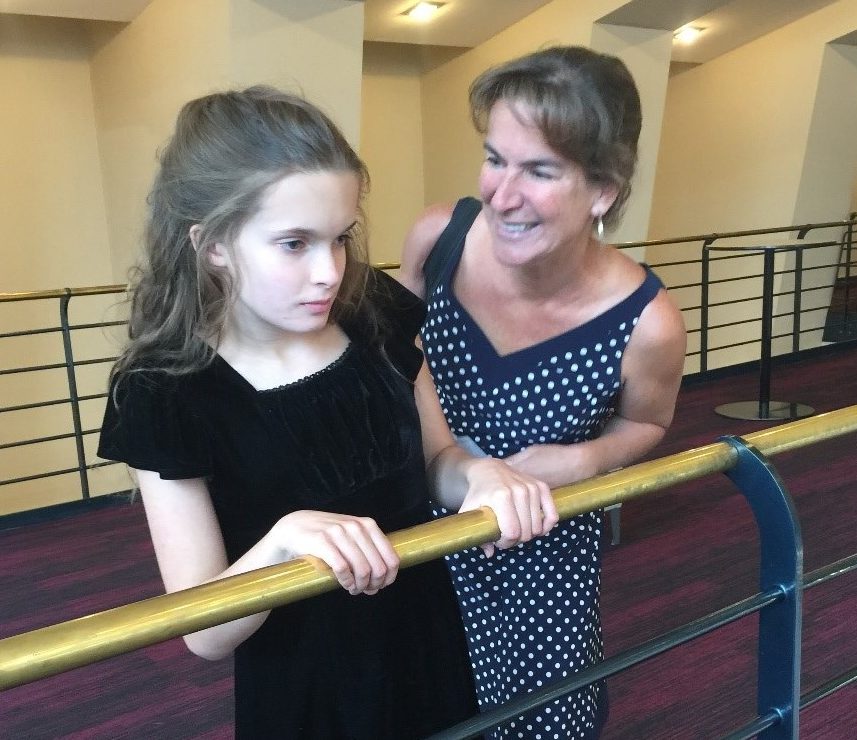‘Tis the Season….For Taking Care of Ourselves!
‘Tis the Season….For Taking Care of Ourselves!

‘Tis the Season…For Taking Care of Ourselves!
Whether it’s religious, cultural, or community, December is the month of gatherings and celebrations. Although it is a joyful time, our stress levels can go soaring! Lately, I’ve been contemplating: Why is it so hard for us to take care of ourselves when we are so good at taking care of others?
We know that caregivers need to find some balance but where in the midst of all the season’s busyness do we take care of ourselves? I certainly don’t claim to have all the answers, but I will share with you a tip that my husband and I both use. We are both caregivers for our multiple kids with disabilities, have busy jobs outside that, and other commitments. We have to be pretty intentional to take time for self-care. Our solution?
Take A Mini-Vacation!

What do I mean by that? Well, I mean be intentional about self-time, whether that’s 10 minutes, 30 minutes, 2 hours or more. When you are intentional about those precious minutes or hours, you tell yourself, ‘I’m on vacation’.
That means for this period of time, you will be NOT checking your email, NOT available for homework questions, NOT taking a call/text/message from your boss, your spouse, your teenager or your mother! (Exception: A family member is having an emergency. For us an emergency is defined as life or limb – lots of blood spewing, a bone poking out, or someone turning blue—in other words, if you need an ambulance, ok. Otherwise, no, I’m not available right now)
This requires some discipline. Don’t feel bad if it takes a while to re-educate those in your circle to what you being temporarily unavailable means. Stick with it and you’ll feel less and less guilty, and they will start to get it.
So, what can you do on your mini-vacation? Truly it is up to you and your imagination, but here are some things that I’ve done:
Got 10 Minutes?
- Spa time: Go into the bathroom, close the door, and turn on the hot water to start steaming up the room. Light a candle if you want. Don’t bring your phone in, but put on music the old fashioned way so you’re not tempted to answer a call. Choose your favorite scrub or lotion or whatever pamper me product you want and generously use it on yourself! I make my own exfoliate with coconut oil, Kosher salt, and lavender.
- Virtual trip: Did you know that many Libraries allow you to check out unlimited subscriptions to magazines electronically? Zinio is the app for iPhones. With 10 minutes, whether you like to ski, knit, cook, hike, horseback ride or sharp shoot, you can probably find a digital magazine and temporarily ‘vacation’ in your hobby.
Got 30 minutes?
- Boil the water and brew a cuppa. Relax and sip. Sit down in a chair and read an actual book. Or day dream. Or meditate. Or….
- Step outside, if someone is there to watch the kids or they’re in school, or you’re on your lunch break at work, and walk. Near trees or water if you can, but anywhere will do. Pay attention to your surroundings and look for beauty or unusual objects. Breathe deep, focus on your breath, your footsteps and the things you are observing. Some folks call this mindfulness, some call it walking meditation. I call it a 30 minute vacation.
Got 2 hours? This one is like pure luxury! How often do we get 2 hours? Not very often. But be intentional when you do.
- For me, I have taken one evening a week to sing with a choir. It’s time that I suppose you could say is volunteering since it’s a church choir and we sing most Sundays. But it’s a time that gives me great joy. I love to sing and it’s time that is completely separate from my working and parenting world.
- Meeting a friend for lunch or coffee is fun. Choose wisely so that this time is truly a break…not more caregiving!
- Spending time alone has the benefit of readjusting my internal barometer to face the next family or work challenge to come. Massage, nails done, hair, all nice things but most of the time the budget says no. But when the budget says yes? Then splurge on you this time.
- Go to a museum, the zoo, an art gallery—all by yourself. Some libraries offer free passes to these venues, and if you are in the metro area, there are free days. Sometimes it’s just relaxing to go by myself to one of those places, and see the things that I want to see. Or go to your local library to look at their public art or check out a book on something you enjoy. Love Art but can’t actually leave or travel that far? You can do a virtual tour of many museums around the world online.
- Plan a quiet elegant meal for yourself, or for you and your significant other. When my children were little, and very medically fragile, finding babysitters just didn’t happen very often. So periodically my husband and I would cook a regular meal for the kids and prep a fancy meal for ourselves for later. We would try to put the kids to bed early. Then we’d cook together the fancy meal. We happen to like to cook together but you could get take out with the same effect. I put up a card table in whichever room was the neatest with the fewest toys (some years that was the living room, some years our bedroom) put on a table cloth, set it with china and a candle, add some music and voila–mini vacation.

Whatever gives you joy, rest, and energy, try to be intentional about some time to do that during this busy season. Try to find at least 10 minutes a day for yourself, 30 minutes a week just for you, and if you can swing it, sometime over these next few weeks grab those 120 minutes and savor some time to take care of yourself. We know that taking care of ourselves helps us to be better caretakers for others and gives us the strength to last through this journey of parenting our sons and daughters.

Another great way to take care of yourself? Stay connected to other parents who understand! It’s free and easy to join Parent to Parent of Colorado! Our community of 4000 parents across Colorado supports each other on the journey of parenting our sons and daughters with disabilities and special health care needs.
You’ll get access to our Online Parent Support Group, connected to a trained Support Parent for one-on-one support (upon request) and you’ll find hundreds of resources on our P2P-CO website!

Editor’s Note: As we move through this journey of parenting our sons and daughters, we are thankful for those parents who have come before us and those who walk beside us! The efforts of Parent to Parent of Colorado are sustained by your involvement and donations from our community.
Please help us Celebrate 20 years of supporting parents by making your contribution to https://www.coloradogives.org/P2PCO




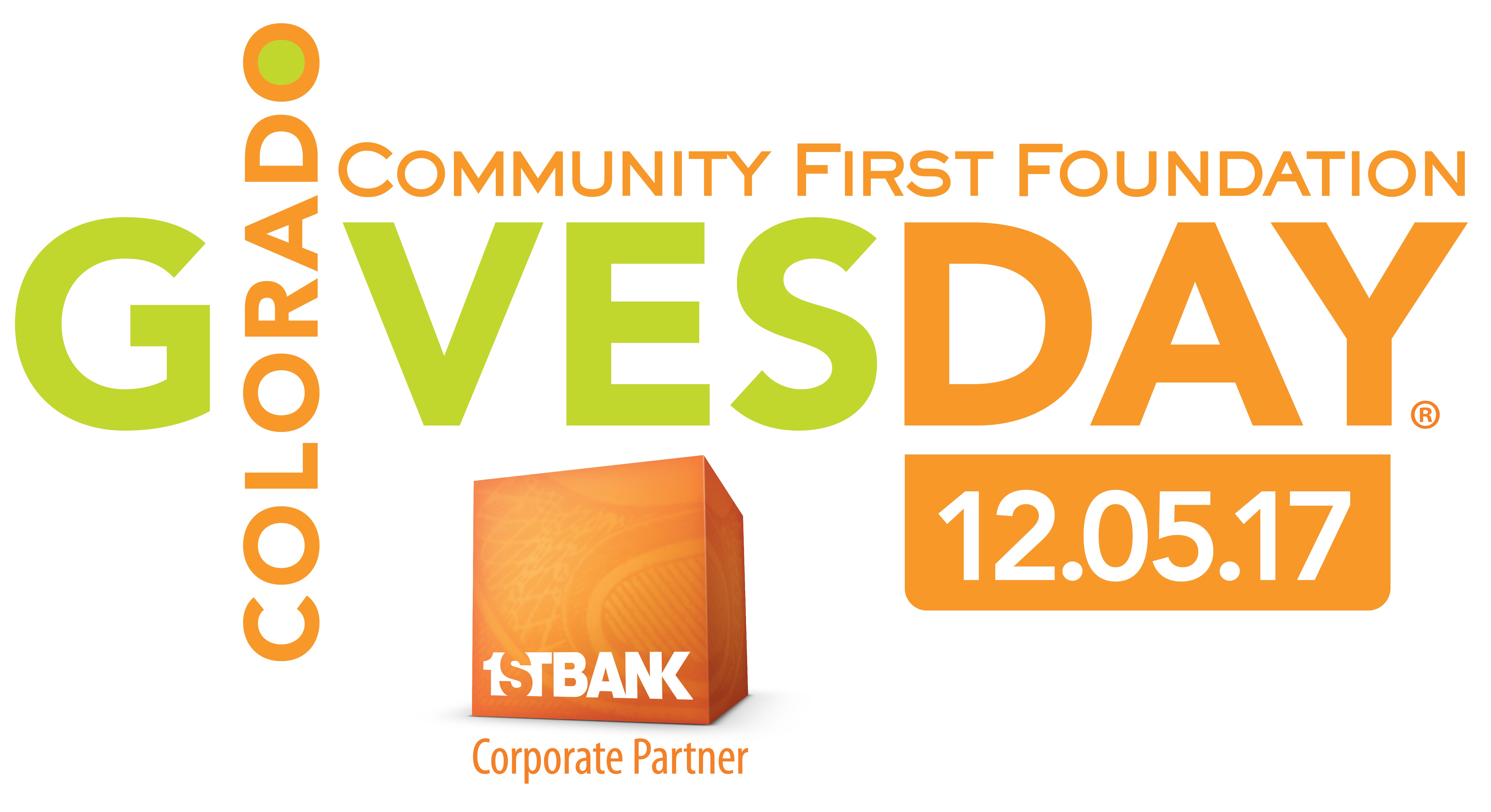

 Your support, commitment and compromise are unconditional. We’ve had to take many difficult and life altering decisions that wouldn’t have been possible otherwise. For that, I am thankful.
Your support, commitment and compromise are unconditional. We’ve had to take many difficult and life altering decisions that wouldn’t have been possible otherwise. For that, I am thankful.


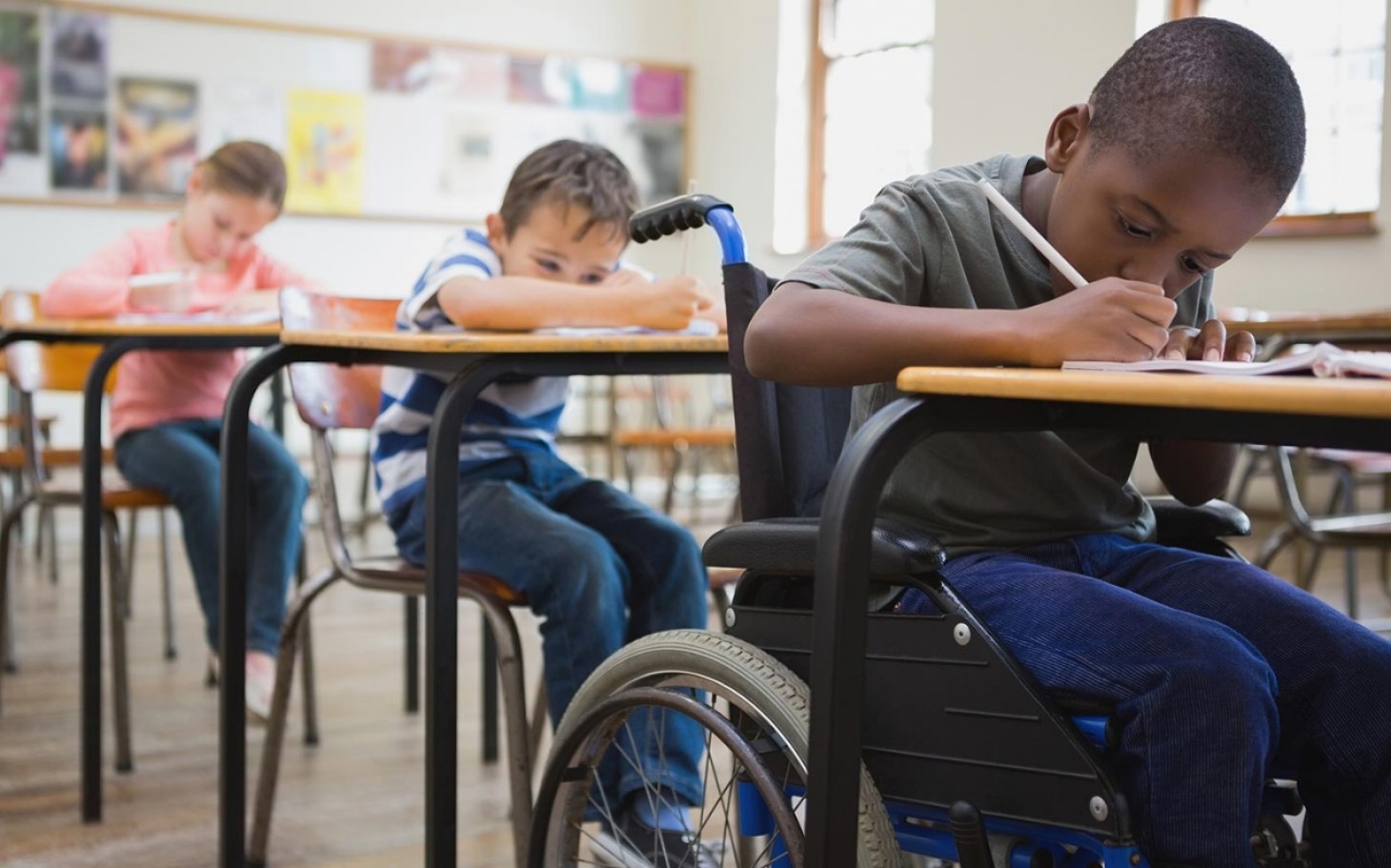

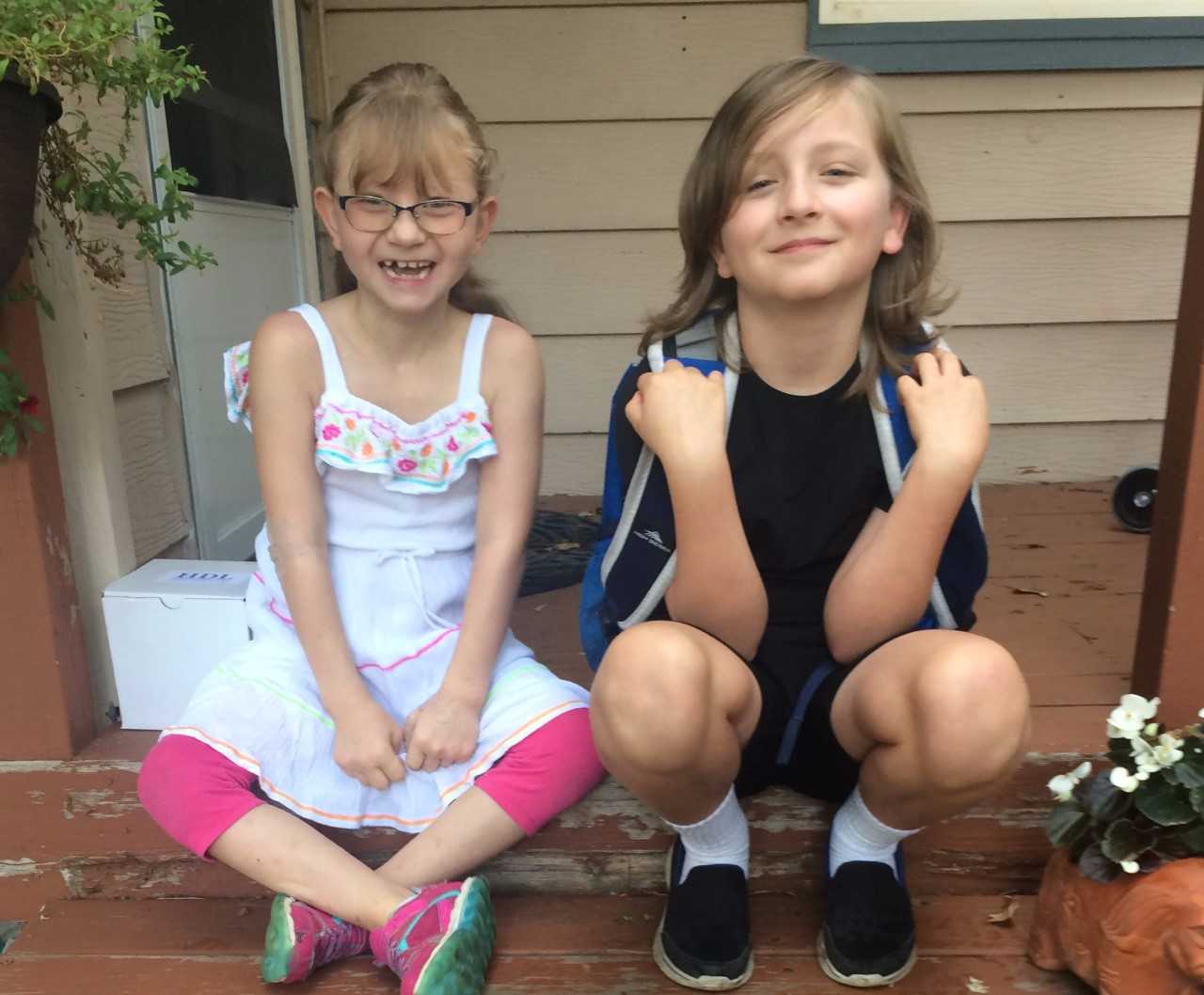
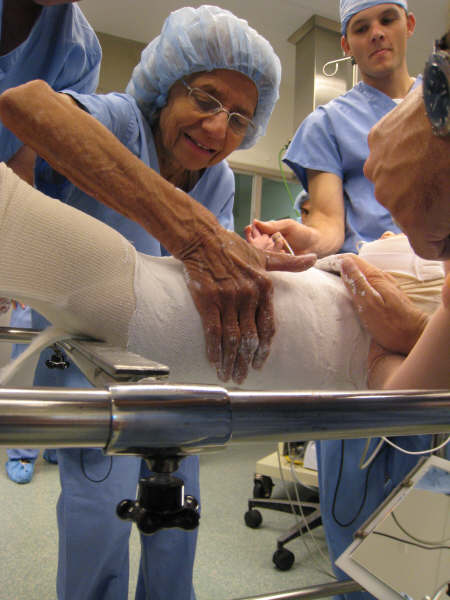 For thousands of families across the world and for ACCO, 2005 was one of those remarkable times when we experienced a significant sea change in the treatment of very young children with a diagnosis of life threatening Progressive Infantile Scoliosis.
For thousands of families across the world and for ACCO, 2005 was one of those remarkable times when we experienced a significant sea change in the treatment of very young children with a diagnosis of life threatening Progressive Infantile Scoliosis.
